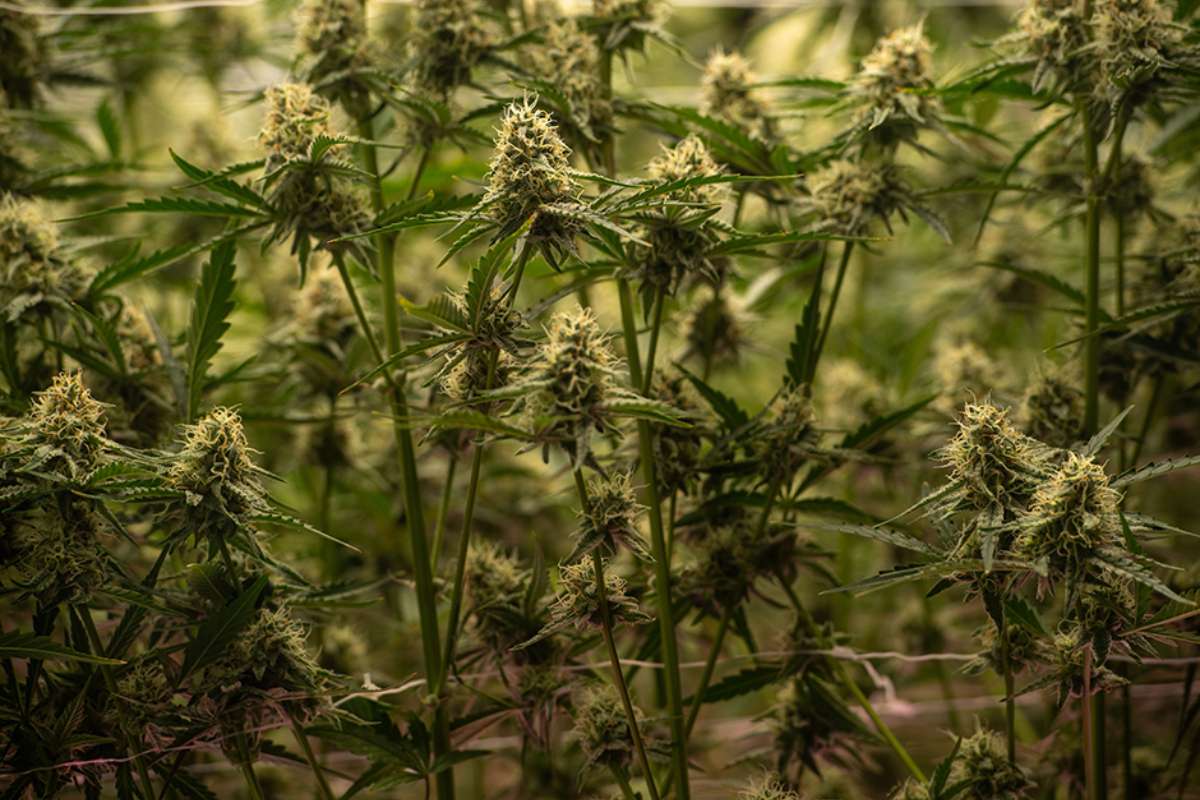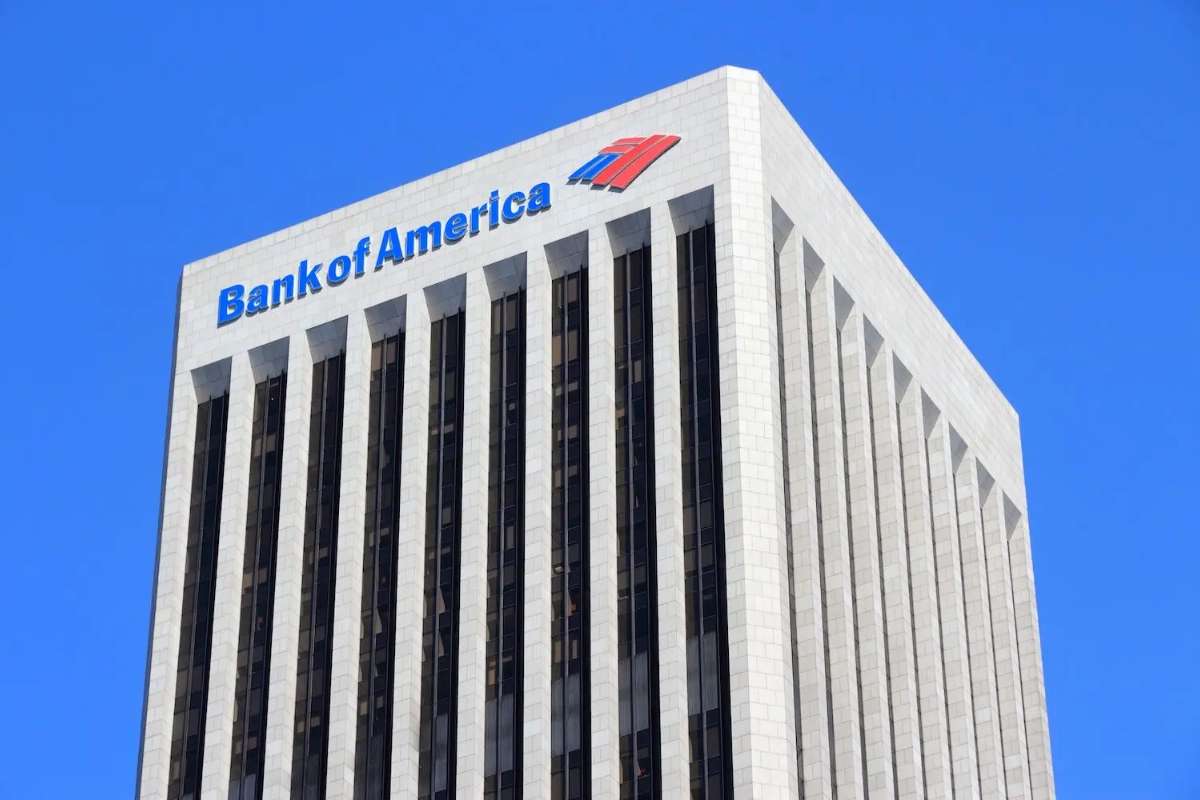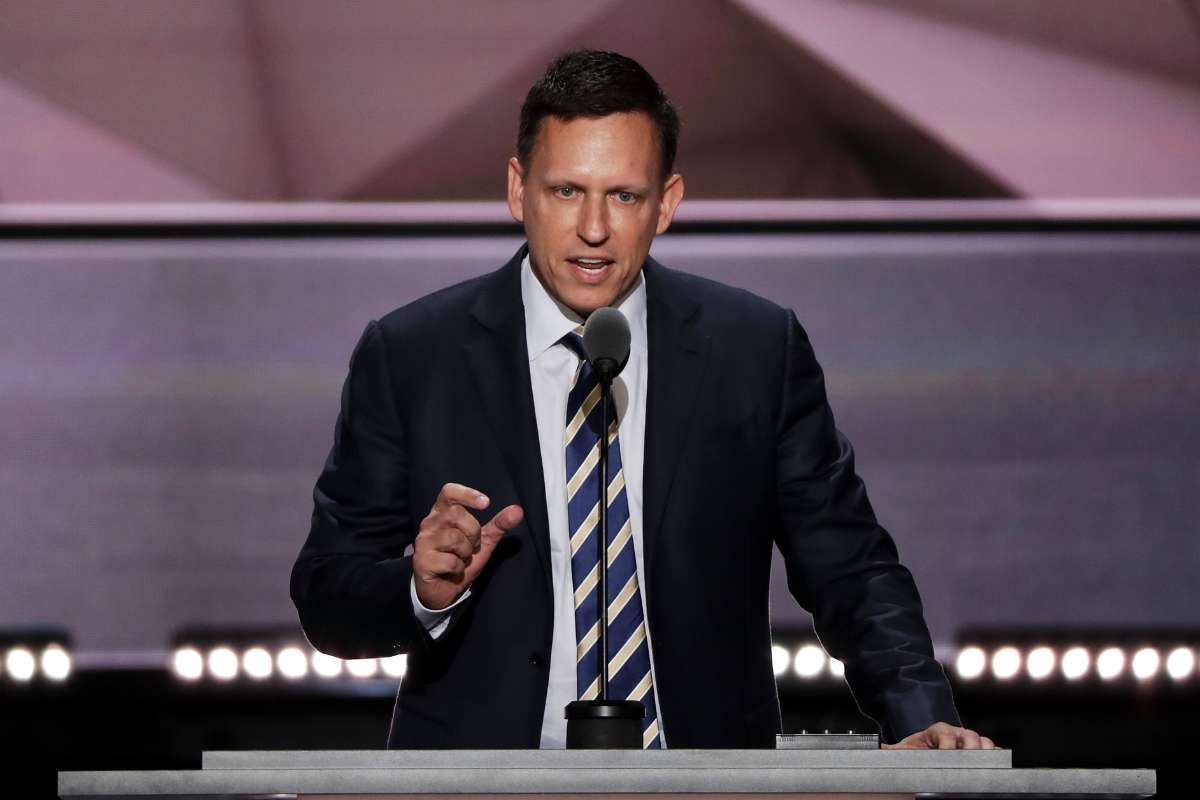Minnesota’s efforts to launch its cannabis market have hit a significant roadblock following a delay in the state’s first cannabis business license lottery. Originally scheduled to take place this week, the lottery’s postponement could have serious consequences for the supply chain of marijuana in the state. This setback could potentially delay plant cultivation and impact the availability of cannabis for retailers when the market opens next year.
The Importance of the Cannabis Market
The primary objective of the lottery was to allow a select group of cultivators, particularly those from underrepresented communities, to begin growing marijuana immediately. This early cultivation would have played a crucial role in building the state’s cannabis supply chain in time for the 2025 retail market launch.
However, the lottery’s delay stems from lawsuits filed by applicants who felt they were unfairly excluded from the process. A Ramsey County judge blocked the state’s Office of Cannabis Management (OCM) from proceeding with the lottery. The legal challenges were forwarded to the Minnesota Court of Appeals for further review, resulting in the indefinite postponement of the lottery.
The lottery was designed to give social equity applicants, including veterans, residents from high-poverty areas, and those adversely affected by cannabis prohibition, a head start in the cannabis industry. Pre-approval through the lottery would have provided these applicants with the confidence needed to secure investments, commercial real estate, and local zoning approvals, thus enabling them to start the cultivation process.
Delayed Cultivation Could Limit Supply
The postponement of the lottery means that cultivation will not begin as planned, which could lead to a shortage of cannabis supply when the retail market opens in 2025. The OCM had already rejected 1,169 of the 1,817 applicants who applied for preapproval. Reasons for rejection included failure to meet qualifying standards, submission of incomplete documentation, or failure to meet ownership requirements. Some attorneys representing the rejected applicants have argued that their clients were excluded due to vague reasons or clerical errors, with little explanation provided.
The delay in the lottery could result in a significant setback for the cannabis market, particularly for the 648 social equity applicants who had qualified for the lottery. If the court proceedings drag on, the OCM might be forced to abandon the social equity lottery altogether. Without early cultivation, the social equity applicants would miss out on the opportunity to gain pre-approval and start the cultivation process.
Potential Economic Impact and Growing Concerns
Experts and industry representatives have expressed concern over the ripple effects of the delayed lottery. Cannabis attorney Carol Moss, based in Edina, called the situation devastating for those applicants who had invested considerable time, money, and effort into the application process. Moss’s firm represents a mix of applicants, some of whom were accepted into the lottery and some who were not.
Leili Fatehi, a partner at Blunt Strategies, a cannabis consulting firm, pointed out that the delayed lottery could create a host of issues for the cannabis industry. Fatehi, who worked on Minnesota’s marijuana law, noted that without early cultivation, local businesses would face serious challenges in getting started. She also emphasized that the delay could harm the 640 small businesses that had demonstrated operational readiness.
The OCM’s Josh Collins explained that the early cultivation allowed under the delayed lottery would only have contributed a small fraction of the anticipated supply needed to meet demand. He added that the OCM’s primary focus is on ensuring that the state’s cannabis market is positioned to mature and expand over time. The OCM is still moving forward with plans for a general application round that will open early next year. This round will include all license types, allowing for a broader scope of cannabis cultivation.
Looking Ahead to 2025
As the court reviews the legal challenges, the cannabis industry in Minnesota faces a period of uncertainty. While the OCM remains committed to launching the market in 2025, the delayed lottery may slow the process of cultivating a sufficient cannabis supply, potentially delaying the market’s opening or limiting the availability of products at launch.











